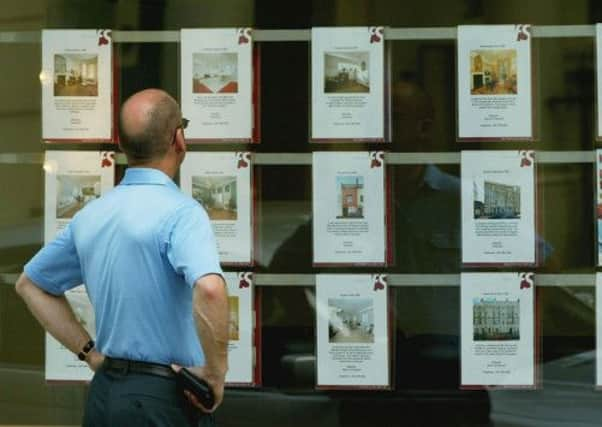Replacing stamp duty could boost housing market


The principle of this change is likely to be welcome, especially amongst moderate income families. The current jump from one to three per cent in SDLT, when spending more than £250,000 on a property, is a regressive tax measure. If a buyer has to pay just one pound over this current threshold they face an additional £5,000 tax bill, distorting the market for the £250,000-300,000 price range which, in many parts of Scotland, represents the cost of a modest family home.
The Scottish Government plans to introduce a marginal rate system of transaction tax increases. While it has been confirmed that the changes will include retaining the zero per cent rate at the lower end of the market and introducing at least two higher rates, the details of these plans are not yet clear. It is, therefore, important that the Government gets the balance right to ensure the new system can remain revenue-neutral.
Advertisement
Hide AdAdvertisement
Hide AdOne option is to reduce the limit of the zero per cent rate currently in place for properties valued up to £125,000. However, lowering this threshold could prove a disincentive to house builders operating in that end of the market and hurt first-time buyers. Likewise, higher tax rates at the top end of the market could curtail activity there and ultimately reduce the overall revenues from the new tax.
A third option is to collect more tax by abolishing potential avoidance loopholes such as sub-sale relief, which allows the benefit of a contract to be transferred to second purchaser before it completes to eliminate two taxable transactions. While care will be required to avoid punishing the innocent, effectively targeted anti-avoidance rules can make a more positive contribution.
As the legislation begins to take more shape, it is important that the Scottish Government strikes the right balance to ensure we emerge with a fairer system of land transaction tax that helps stimulate the housing market and benefit the wider economy.
• Susie Walker is director of tax at Johnston Carmichael